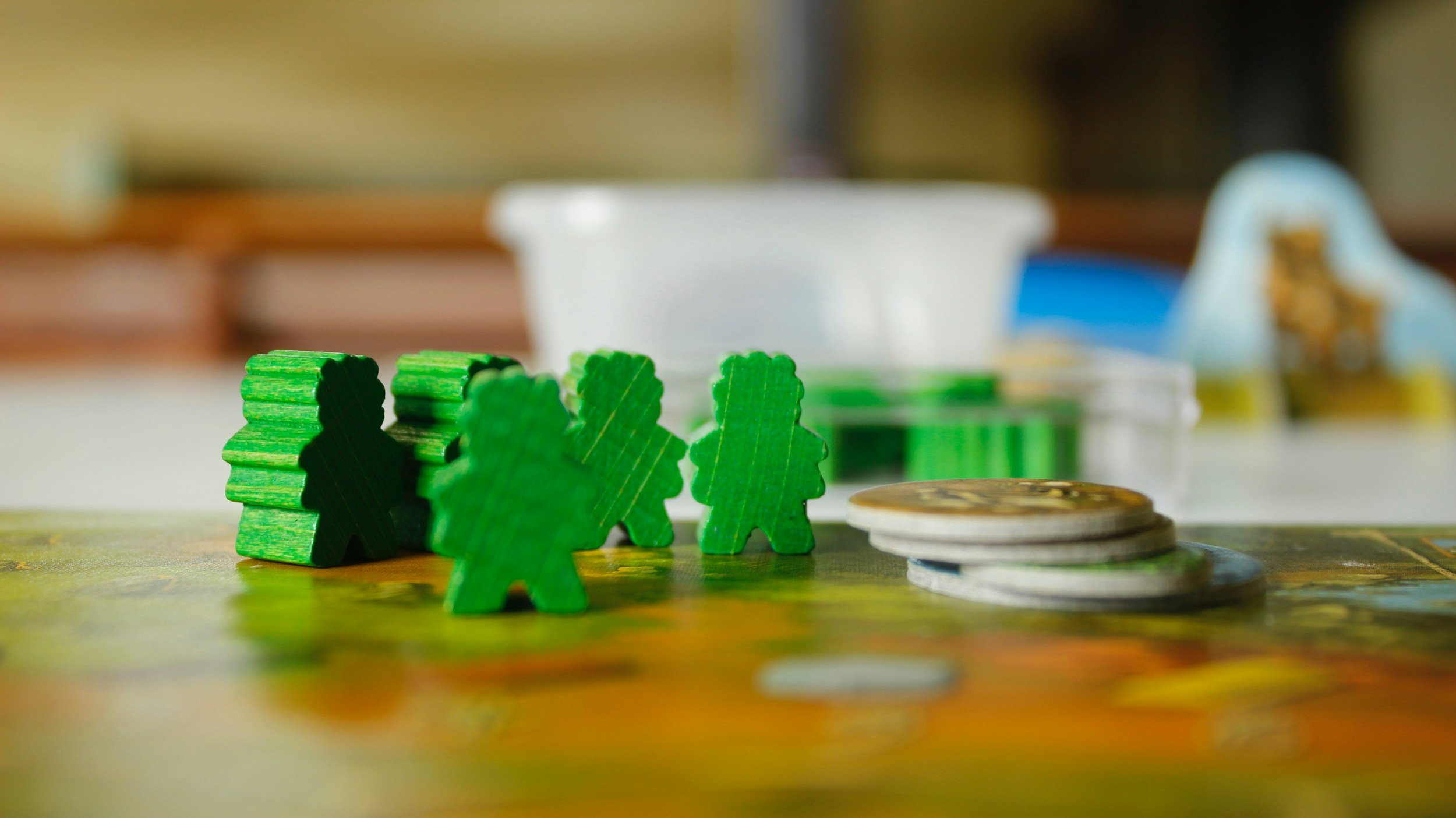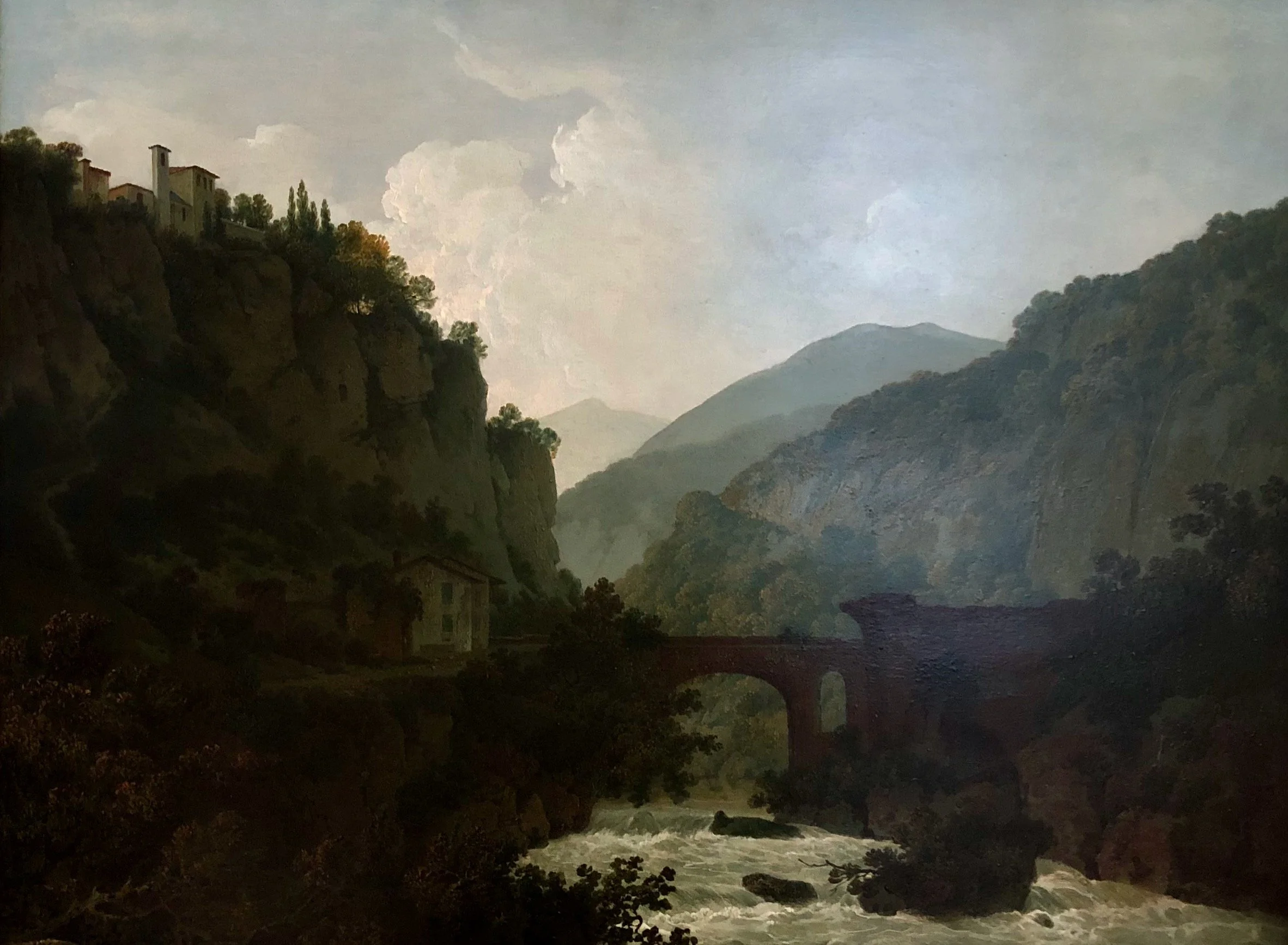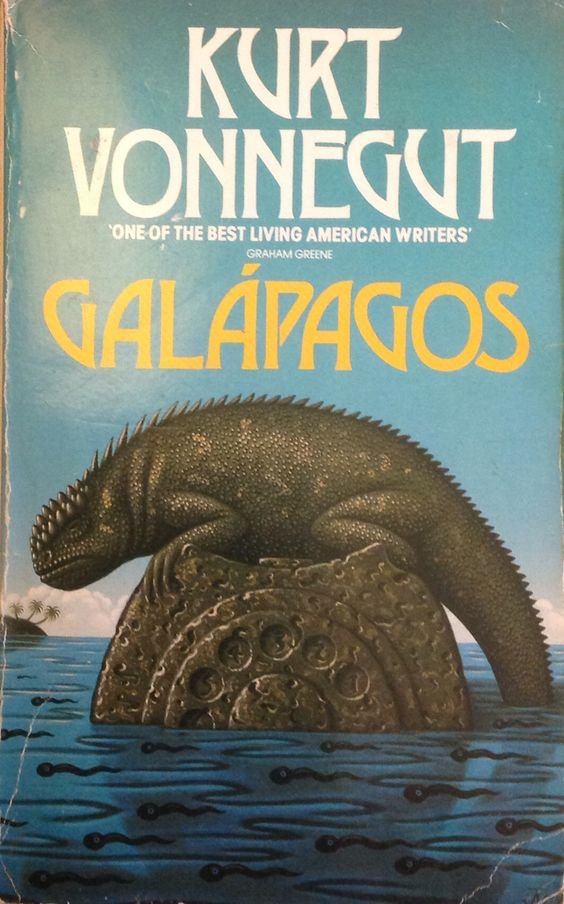Emergency of Emergencies: The Aesthetics & Politics of Climate Justice
Attend a public talk by art historian T. J. Demos, founder of the Center for Creative Ecologies at the University of California, Santa Cruz, about the intersections of contemporary art, radical politics, and ecology.
This presentation offers a reading of select aesthetic practices that connect with climate justice — specifically the analysis of climate propagandas by Jonas Staal, the forensic racial justice investigations of Imani Jacqueline Brown and Forensic Architecture, and the Indigenous futurism of T.J. Cuthand.
This event will occur from 5 to 6:30 p.m. Thursday, May 4, in Eskenazi Hall’s Basile Auditorium.
It is organized by Uranchimeg Tsultem, assistant professor of art history and Edgar and Dorothy Fehnel Chair in International Studies, and fully funded by IU Presidential Arts and Humanities Fellows program. The Indiana Council on World Affairs is a collaborating partner.
ABOUT THE SPEAKER
T. J. Demos is an award-winning writer on contemporary art, global politics, and ecology. He is Professor in the Department of the History of Art and Visual Culture, at University of California, Santa Cruz, and Founder and Director of its Center for Creative Ecologies. He writes widely on the intersection of contemporary art, global politics, and ecology, and his essays have appeared in magazines, journals, and catalogues worldwide. His published work centers broadly on the conjunction of art and politics, examining the ability of artistic practice to invent innovative and experimental strategies that challenge dominant social, political, and economic conventions.
ADDITIONAL PRESENTERS
Two brief presentations will follow Demos’s talk, and the event will conclude with a Q&A. Among the presenters are:
Jason M. Kelly, Ph.D., Professor and Chair of the Department of History, IUPUI Arts and Humanities Institute Director
Uranchimeg “Orna” Tsultem, Ph.D., Assistant Professor of Art History, Edgar and Dorothy Fehnel Chair in International Studies, Herron School of Art + Design
Stefan Petranek, Associate Professor of Foundations and Photography, Herron School of Art + Design
EVENT PARKING
Parking for Eskenazi Hall is free in the Sports Complex Garage adjacent to Eskenazi Hall or on levels 5 and 6 of the Riverwalk Garage, courtesy of The Great Frame Up in Indianapolis and Carmel, with a special code from the galleries.
As an institution of higher education, Indiana University encourages and supports the free and civil exchange of ideas and academic freedom and regularly invites speakers from diverse perspectives to our campuses. Visit freespeech.iu.edu for more information.
Free






























